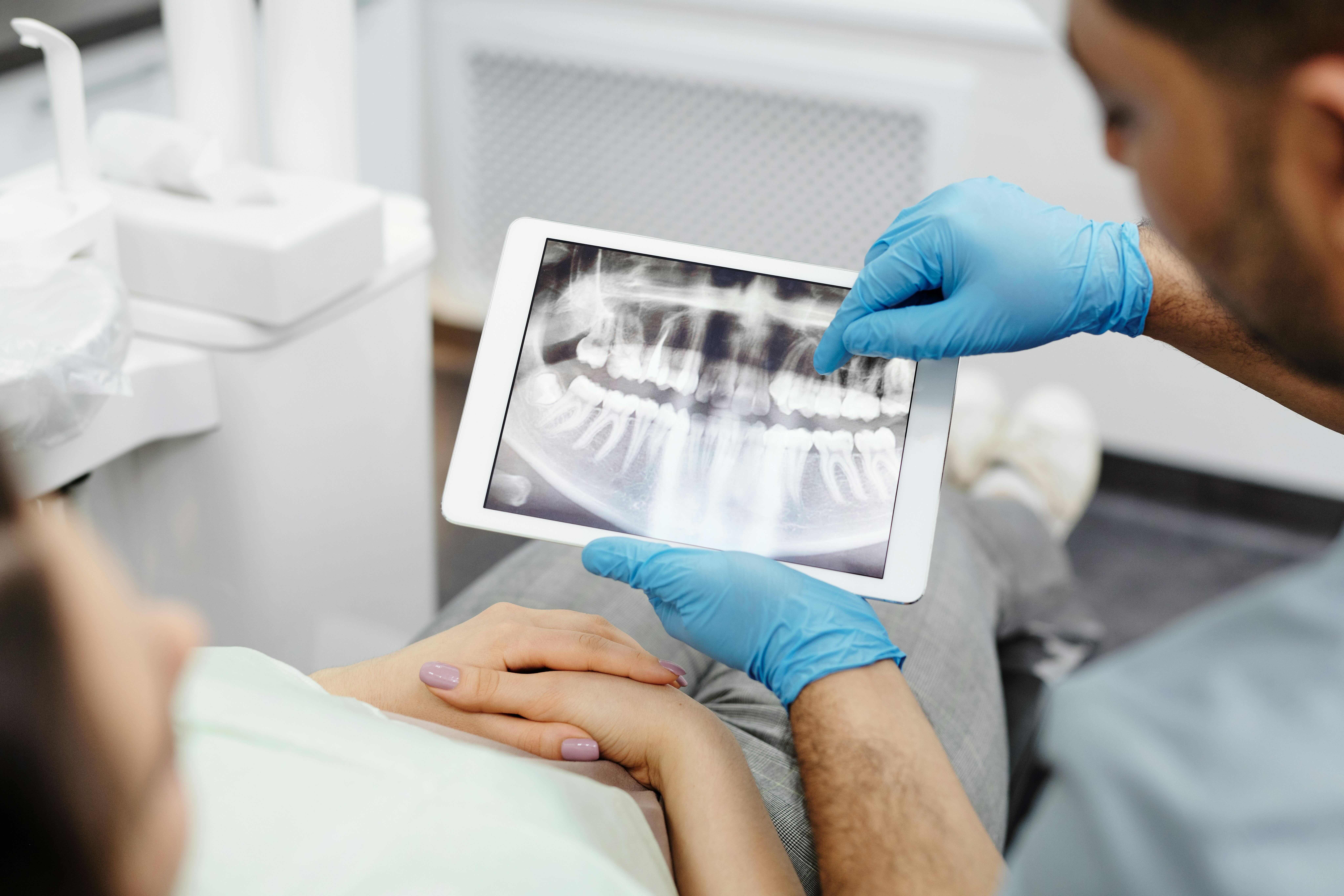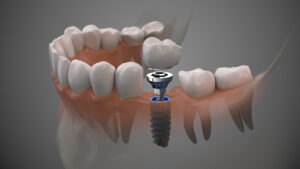Jawbone resorption occurs when bone tissue in the jaw breaks down and is reabsorbed into the body. This condition can lead to shifting teeth, a weakened jaw, and changes in facial structure. Fortunately, dental implants from New Smile Now provide a preventative solution that not only replaces missing teeth but also helps preserve and even restore jawbone health.
What Causes Jawbone Resorption?
Jawbone resorption begins when the pressure and stimulation provided by natural teeth are lost. Every time you chew, the roots of your teeth stimulate the surrounding jawbone, signaling the body to maintain bone density, when a tooth is lost, this process halts, causing the bone in that area to weaken and deteriorate.
However, jawbone resorption doesn’t always come down to one culprit. There are various common issues that can lead to jawbone resorption, including:
- Tooth Loss – This is a primary factor leading to jawbone loss due to the lack of stimulation.
- Gum Disease – Advanced periodontal disease can damage the supporting bone structure.
- Dentures – Traditional dentures rest on the gums and do not provide the stimulation necessary to prevent bone loss.
- Aging – Natural bone density decreases over time, compounding the effects of tooth loss and other contributing factors.
Can Jawbone Resorption Be Fixed?
While jawbone resorption cannot always be fully reversed, it can often be managed or improved with modern dental treatments. Bone grafting, for example, is a common solution for severe bone loss. This procedure involves adding bone material to areas of the jaw that have weakened, providing a foundation for dental implants.
Even if bone grafting is not necessary, dental implants are an effective treatment on their own. They directly integrate with the jawbone, stimulating natural bone growth and halting further resorption.
The earlier bone resorption is addressed, the better the outcomes. If you’re noticing symptoms like loose teeth, changes in facial structure, or discomfort in your jaw, consulting a dentist promptly can make a significant difference.
How Dental Implants Prevent Resorption in the Jawbone
Dental implants are unique in their ability to mimic natural teeth, including their root structure. Unlike traditional dentures or bridges, implants are surgically placed into the jawbone, creating a stable foundation for crowns, bridges, or implant-supported dentures. Here’s exactly how implants combat jawbone resorption at the source:
- Stimulation of the Jawbone – Like natural tooth roots, implants provide the pressure needed to encourage bone maintenance in the jaw.
- Osseointegration – Implants fuse with the jawbone, strengthening it and preventing further deterioration.
- Reversing Bone Loss – In some cases, implants can even help regenerate a small amount of lost bone by promoting healthy bone growth.
By preserving jawbone density, dental implants also maintain the natural shape of your face, avoiding the sunken appearance associated with missing teeth or traditional dentures.
Get Dental Implants With New Smile Now
Are you ready to get your dental implants? Do you live in or near Chico, California? If so, New Smile Now is the solution for you. Reach out to us today to learn more or schedule an appointment!




